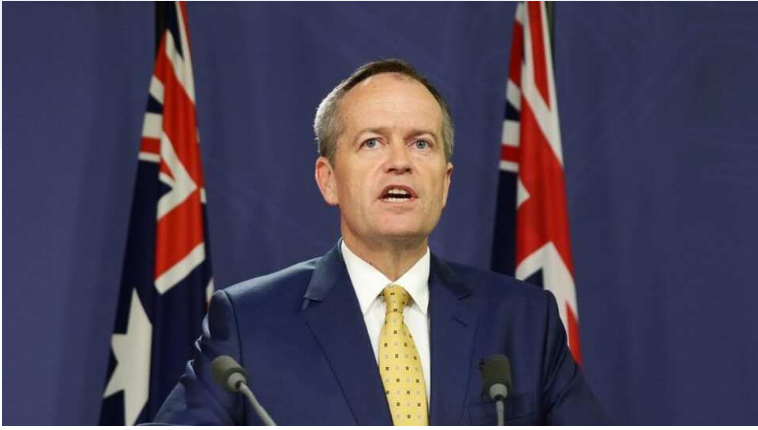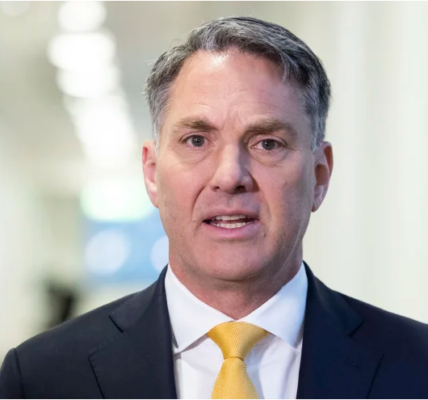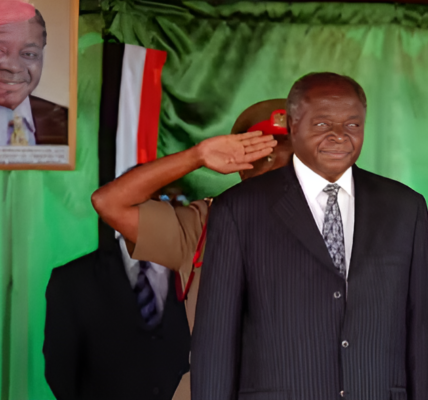
Early Life and Education
William Richard Shorten, known as Bill Shorten, was born on May 12, 1967, at St Vincent’s Hospital in Melbourne, Australia. He is the son of Ann Rosemary, a university academic and lawyer, and William Robert Shorten, a marine engineer originally from England. Bill has a twin brother, Robert. Raised in a family with deep roots in the labor movement, Shorten’s upbringing was significantly influenced by his mother’s academic background and his father’s work in the docks, where he often interacted with union leaders.
Shorten’s educational journey began at St Mary’s Catholic Primary School in Malvern East and continued at Xavier College, where he excelled in academics and fencing. He graduated from Monash University in 1989 with a Bachelor of Arts and in 1992 with a Bachelor of Laws. During his university years, Shorten became actively involved in student politics, aligning himself with the Australian Labor Party (ALP) and helping to establish a right-leaning faction within Young Labor.
Career in Law and Labor Movement
After university, Shorten worked as a lawyer at Maurice Blackburn Cashman for nearly two years. In 1994, he transitioned to the union movement as a trainee organizer for the Australian Workers’ Union (AWU) under the ACTU’s Organizing Works program. By 1998, he had become the state secretary of the Victorian Branch of the AWU and was later elected national secretary in 2001. His tenure was marked by significant reforms within the union and a notable role during the Beaconsfield Mine collapse in 2006, which raised his national profile.
Political Career
Shorten entered politics at the 2007 federal election, winning the seat of Maribyrnong as a member of the House of Representatives. He quickly made an impact, being appointed Parliamentary Secretary for Disabilities and Children’s Services. As a strong advocate for the National Disability Insurance Scheme (NDIS), Shorten laid the groundwork for this transformative policy.
During the Gillard government, he served in various ministerial roles, including Assistant Treasurer and Minister for Financial Services and Superannuation. In June 2013, following a leadership change, he briefly held the position of Minister for Education.
Shorten ascended to the role of Leader of the Labor Party in October 2013, succeeding Kevin Rudd. His leadership saw Labor face challenges in the 2016 and 2019 federal elections, resulting in narrow losses. Despite his efforts, Shorten’s popularity waned, and he announced his resignation following the 2019 election defeat, paving the way for Anthony Albanese to take the helm.
Recent Roles and Achievements
In 2022, after Labor’s victory at the federal election, Shorten was appointed Minister for Government Services and Minister for the National Disability Insurance Scheme. He has continued to champion policies aimed at improving government services and disability support.
Shorten announced his plans to retire from politics in September 2024, set to become the Vice-Chancellor of the University of Canberra in February 2025.
Personal Life
Bill Shorten has been married twice. His first marriage to Debbie Beale ended in divorce in 2008. In 2009, he married Chloe Bryce, the daughter of former Governor-General Quentin Bryce. They reside in Moonee Ponds, Victoria, with their daughter and Chloe’s two children from a previous marriage. Shorten, a passionate supporter of the Collingwood Football Club, enjoys family time, reading, and participating in fun runs.
Legacy and Influence
Shorten is a key figure in the Labor Right and has played a vital role in shaping contemporary Australian politics, particularly in labor rights and social services. His advocacy for workers’ rights and disability support remains central to his legacy as he prepares for a new chapter in academia.





